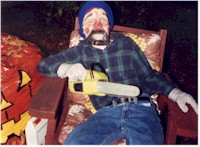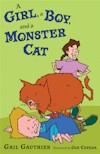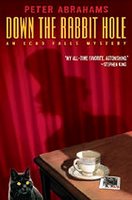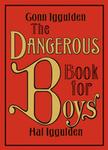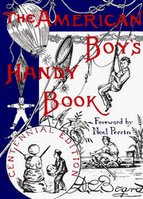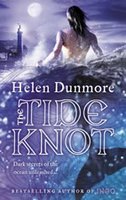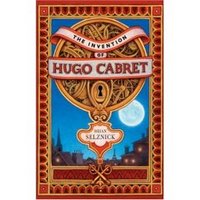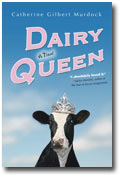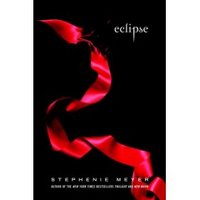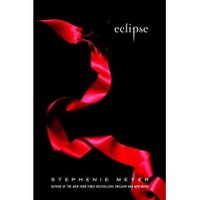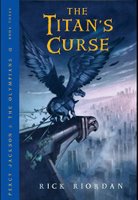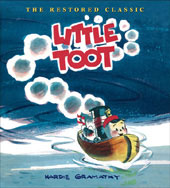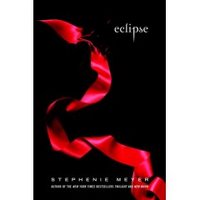
In her new book
Eclipse Stephanie Meyer appears to be presenting us with a straight forward (though with vampires) romance. This isn't some kind of heavy portrayal of twisted love (except for the undead lover). My impression is that we're supposed to find this romance romantic.
I can understand and appreciate heavy portrayals of twisted love, particularly with an undead lover. But I had a lot of trouble finding this romance romantic.
Bella, our main character, who started out at least scrappy in
Twilight, has become infantilized in
Eclipse. She is distressed if she has to be without her vampire boyfriend Edward, who drives her to school, holds her hand in the halls between classes, spends the afternoon and evening with her, and then watches while she sleeps at night. Okay, the argument could be made that he stays in her room with her at night because she's in danger from other vampires. But he doesn't need to sing her to sleep. Edward and Bella, themselves, use the word lullaby. Edward also frequently picks Bella up and carries her. He is constantly telling her that he will take care of her, that he won't let anything happen to her. She gets in trouble with him (though, of course, it all ends in kissing) if she strikes out on her own. While it's true that from his point of view she's endangering herself, it doesn't change the fact that she's in a position of childlike dependence upon him.
And she likes it. She is completely bowled over by Edward's physical beauty, his intelligence, his strength, his kindness, his wit, his textbook romantic heroism. Sometimes just being in his presence is enough to stun her. She wants nothing so much as to ensure she can be with him always, which entails becoming a vampire herself. The fact that she will be forcing Edward or one of his "family" members, who have committed themselves to preserving human life, to become a murderer doesn't seem to enter her head.
This relationship no longer has any pretence of equality. Edward
is beautiful, intelligent, strong, kind, witty, wealthy, worldly. You name it, he's it. Bella, on the other hand, appears to be none of those things. She goes to school where she's not a stellar student (which I like, by the way), she does the family laundry, and makes meals for her father. Except for a very part-time job and visiting a second boy "friend," that's it in terms of activity. It's hard to tell what she does with herself when Edward's not around to entertain her.
In the first book, we were told that Edward was attracted to Bella because there was something unique about her blood and scent that inflamed his desire for her. This explained his side of the relationship. It brought a little equality to the table because we saw that she did, indeed, have something to offer him, though it was just physical. But it wasn't mentioned in
Eclipse probably because if Bella gets her way and becomes a vampire so she can be with her beautiful boyfriend forever, she'll no longer have that blood. Will poor moral Edward be in for the surprise of his very long life, obligated to stand by Bella through eternity when he no longer desires her?
Various characters try to talk some sense into Bella. Her mother, who has no idea Edward is a vampire, notices that her daughter's life seems to revolve around him. That's not the kind of thing a mom likes to see her daughter doing with a mortal man, forget about a creature of the night. One of Edward's family members explains to Bella that when she was a young girl in the 1930s, all she had wanted was a home and children. She now faces an unending life without them. Happily ever after for humans, she points out, includes a gravestone. Nothing makes an impression on Bella until she falls in love with someone else, someone who could offer her a more normal future, and she realizes she is giving up the opportunity for a real life with an extended family and children. Bella, it seems, can only comprehend things in the context of a relationship with a man.
And then there is the scene in which Bella begs Edward for sex. I'm not talking some hip, sophisticated repartee here. I'm talking honest to God pleading. Romantic? Or degrading?
The draw in these novels now appears to be readers' desire to learn whether or not Bella will be able to persuade the more mature and responsible Edward to take her virginity and her life. It seems a moot point to me, because this poor, sad girl has already wasted her present and thrown away her self-esteem and individuality for the sake of a pretty boyfriend.
